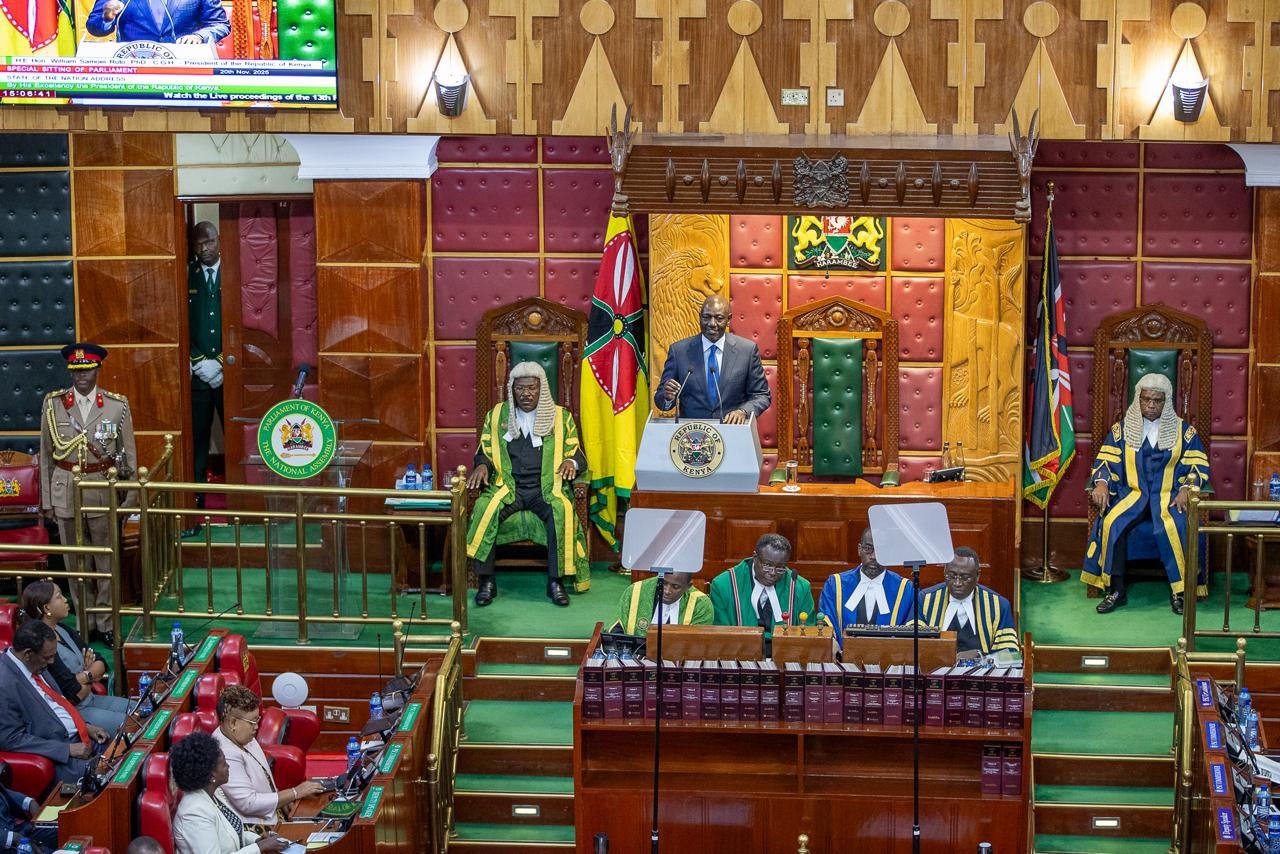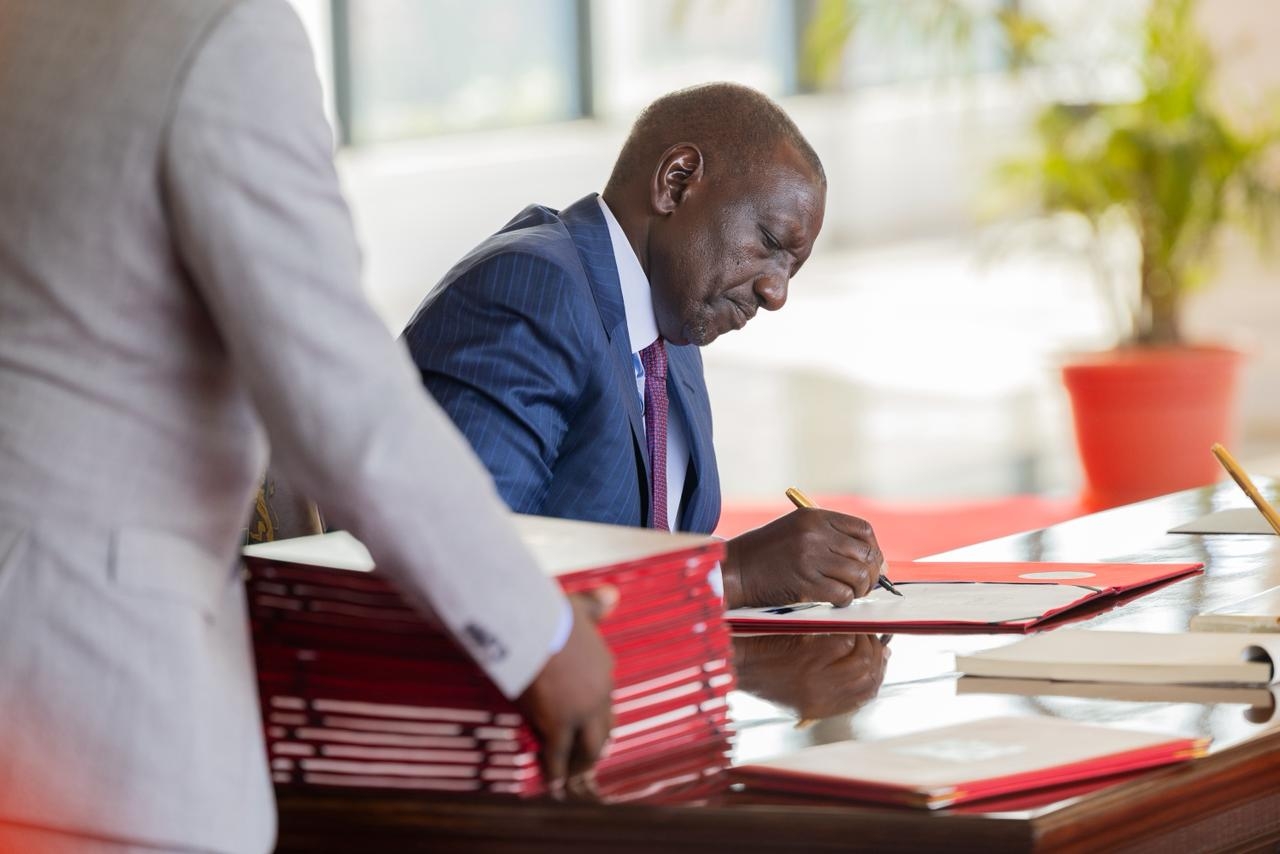Kenya's private sector performance recorded a mild recovery in August as the impact of anti-government protests eased, allowing firms to broadly resume normal operations.
According to the Purchasing Managers’ Index (PMI) survey by the Stanbic Bank, activity levels rose for the first time since May, with new orders also picking up, albeit marginally.
Firms also increased their purchases of inputs, whereas employment fell for the first time so far this year.
Further pressure on import prices and taxation led to the sharpest rise in input costs since February, although overall inflationary pressures remained muted compared to the historical trend.
Selling charges also rose at a subdued pace amid some reports of price discounting.
The headline figure derived from the survey rose above 50 points mark for the first time since May to clock 50.6 points during the month under review up from 43.1 in July.
Readings above 50.0 signal an improvement in business conditions on the previous month, while readings below that show deterioration.
The pace of expansion was, however, only marginal.
Kenyan businesses raised their output levels for the first time in three months in August.
The rate of growth was moderate and the second quickest in over a year and a half.
Where activity increased, survey panelists reported that this was often due to the ending of political demonstrations, which allowed them to resume trading and complete new work.
Christopher Legilisho, an economist at Standard Bank said August PMI shows 0utput and new orders improved after slumping during the months preceding, as anti-tax protests have been fizzling out.
"However, concerns linger about consumer spending, with many firms noting overall demand as weak in a tougher economic and business environment," Legilisho said.
Output increased across three of the five broad sectors covered by the survey, with renewed growth in services, wholesale & retail and construction.
By contrast, there were declines in activity across manufacturing and agriculture.
New orders placed at Kenyan businesses also picked up in August, although the uplift was only slight. Some firms continued to highlight weak spending power at customers.
With the marginal rise in sales following a steep downturn in July, firms opted to reduce their staff numbers over the latest survey period, marking the first decline in 2024 so far.
However, firms did raise their purchases of inputs, which was the first expansion in three months. This led to a slight increase in input inventories, supported by a renewed improvement in suppliers' delivery times.
Cost pressures across the private sector intensified in August due to rises in import fees and tax burdens, according to survey respondents. The rate of overall input price inflation was the strongest for six months but remained much softer than the historical trend.
Selling prices also rose in August although the uplift was similarly subdued compared to the survey average.
While there were some efforts to pass on higher costs to customers, this was partly countered by price discounting.
Despite an improvement in business conditions, confidence towards future activity levels sank further in August.
The level of optimism was the lowest recorded in the series' history (since 2014), with only five per cent of companies expecting growth over the next 12 months.














